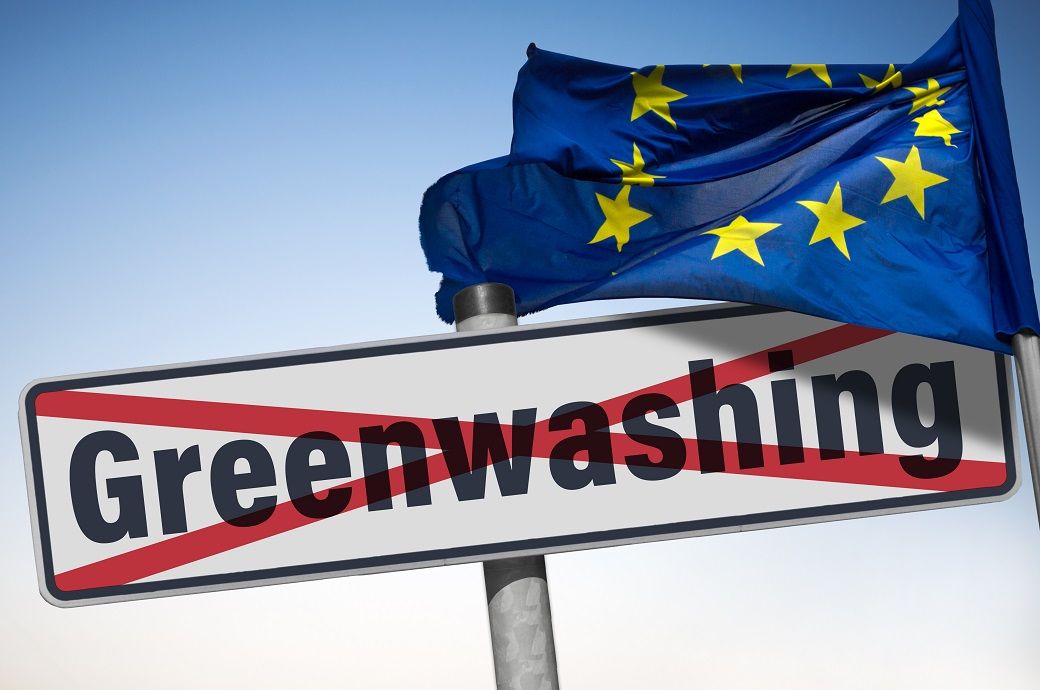

The directive sets minimum requirements for the substantiation, communication, and verification of explicit environmental claims. It specifically targets explicit environmental claims (written or oral) and environmental labels that companies use voluntarily to market their environmental impact, aspects, or performance. This applies to both existing and future public and private environmental labelling schemes.
The general approach distinguishes between explicit environmental claims and environmental labels, clearly specifying the obligations applicable to each and the requirements that apply to both. Companies are required to use clear criteria and the latest scientific evidence to substantiate their claims and labels. These claims and labels must be clear, easy to understand, and specifically reference the environmental characteristics they cover, such as durability, recyclability, or biodiversity, the council said in a press release.
The directive maintains the fundamental principle of ex-ante verification of explicit environmental claims and labels, as proposed by the Commission. This means any green claim must be verified by third-party independent experts before publication. However, it introduces a simplified procedure exempting certain types of explicit environmental claims from third-party verification, allowing eligible companies to prove compliance by completing a technical document before making the claim public.
Microenterprises will be subject to verification but will have 14 months longer than other businesses to comply with the new rules. Support measures, including guidelines, tools, financial support, and training, will be provided to help SMEs, including microenterprises, throughout the procedure. Additional measures will be taken to reduce the administrative burden for farmers.
The general approach recognises the importance of existing national or regional public labelling schemes. Ministers agreed on the possibility of establishing new schemes and exempting those regulated by EU or national law from third-party verification, provided they meet EU standards regarding procedures and standards. EN ISO 14024 type 1 ecolabelling schemes will be exempt from verification if officially recognised in a member state and compliant with the new rules, with recognition by one member state being sufficient for the whole EU market.
The directive introduces new requirements to prove climate-related claims, including those involving carbon credits. Companies must provide information about the type and quantity of carbon credits and whether they are permanent or temporary. The council’s position distinguishes between contribution claims (carbon credits to contribute to climate action) and offset claims (carbon credits to balance out an emissions share). In offset claims, companies must prove a net-zero target, show progress towards decarbonisation, and indicate the percentage of total greenhouse gas emissions that have been offset.
The council’s general approach will form the basis for negotiations with the European Parliament on the final shape of the directive. Negotiations are expected to begin in the new legislative cycle, aiming to finalise a directive that ensures consumers can make well-informed, environmentally friendly choices while holding companies accountable for their green claims.
“Today, we reached an important agreement to fight greenwashing by setting rules on clear, sufficient and evidence-based information on the environmental characteristics of products and services. Our aim is to help European citizens to make well-founded green choices,” said Alain Maron, minister of the government of the Brussels-Capital Region.
Fibre2Fashion News Desk (DP)